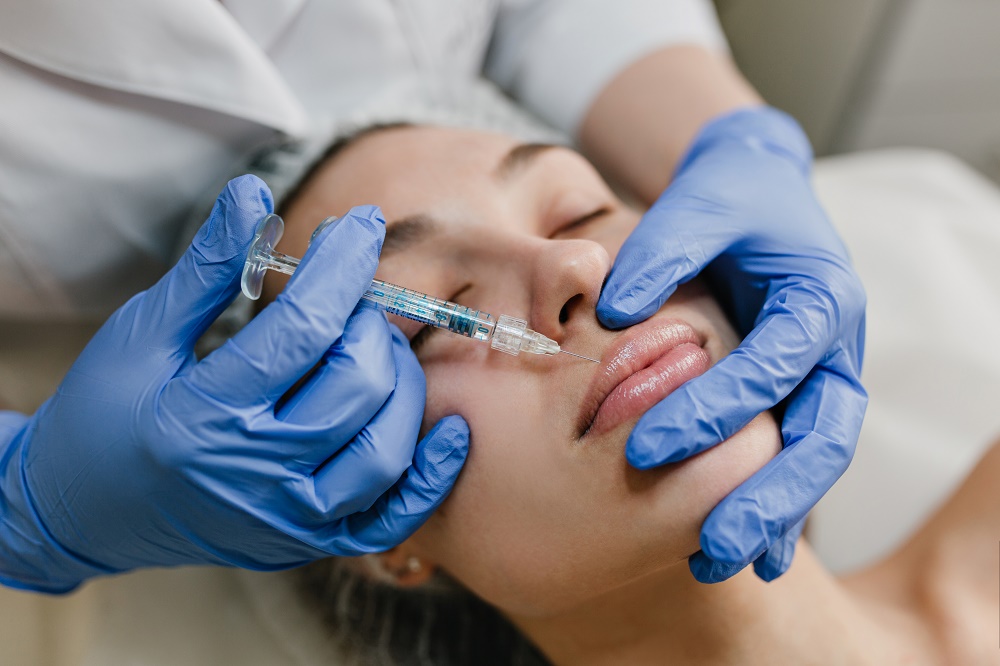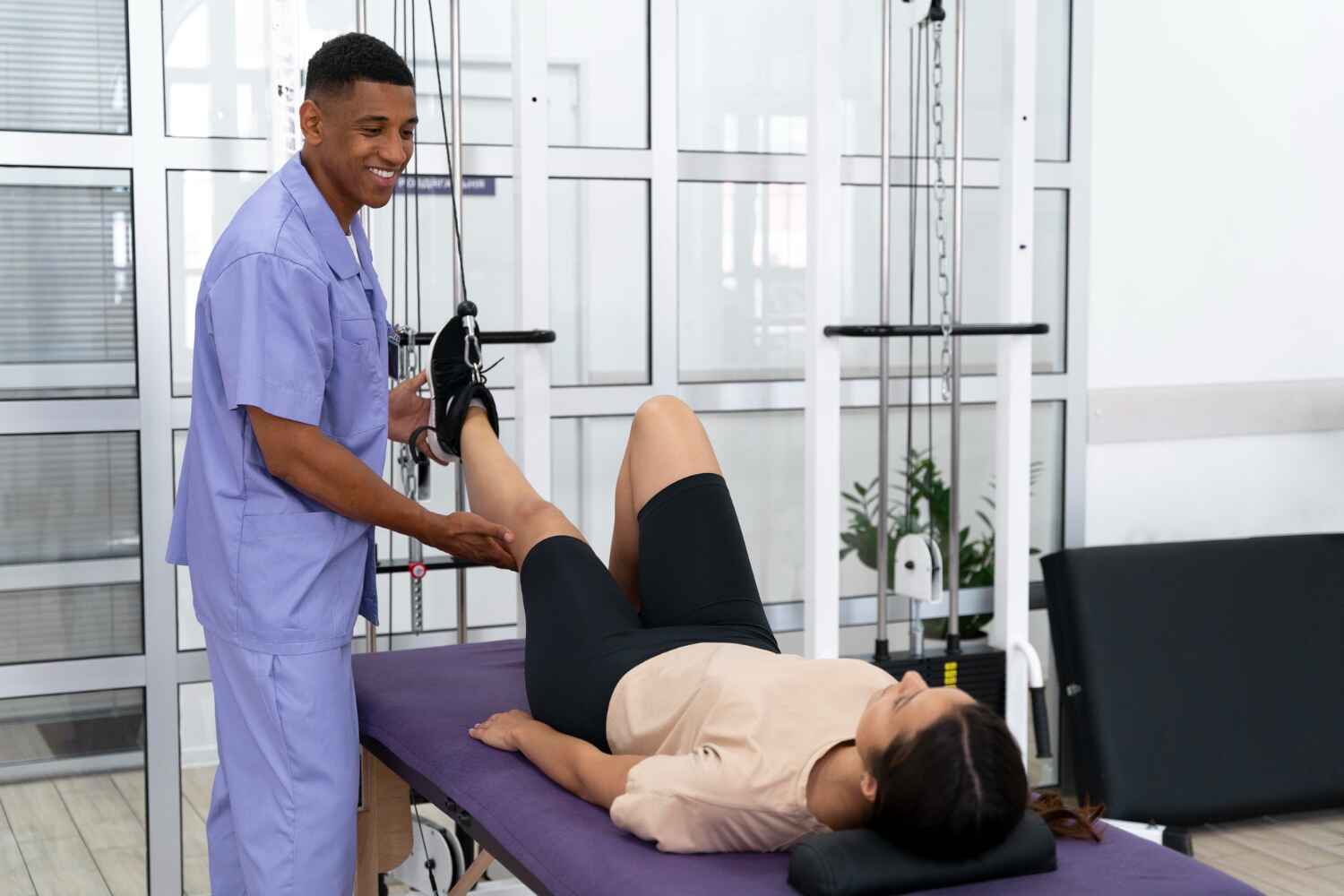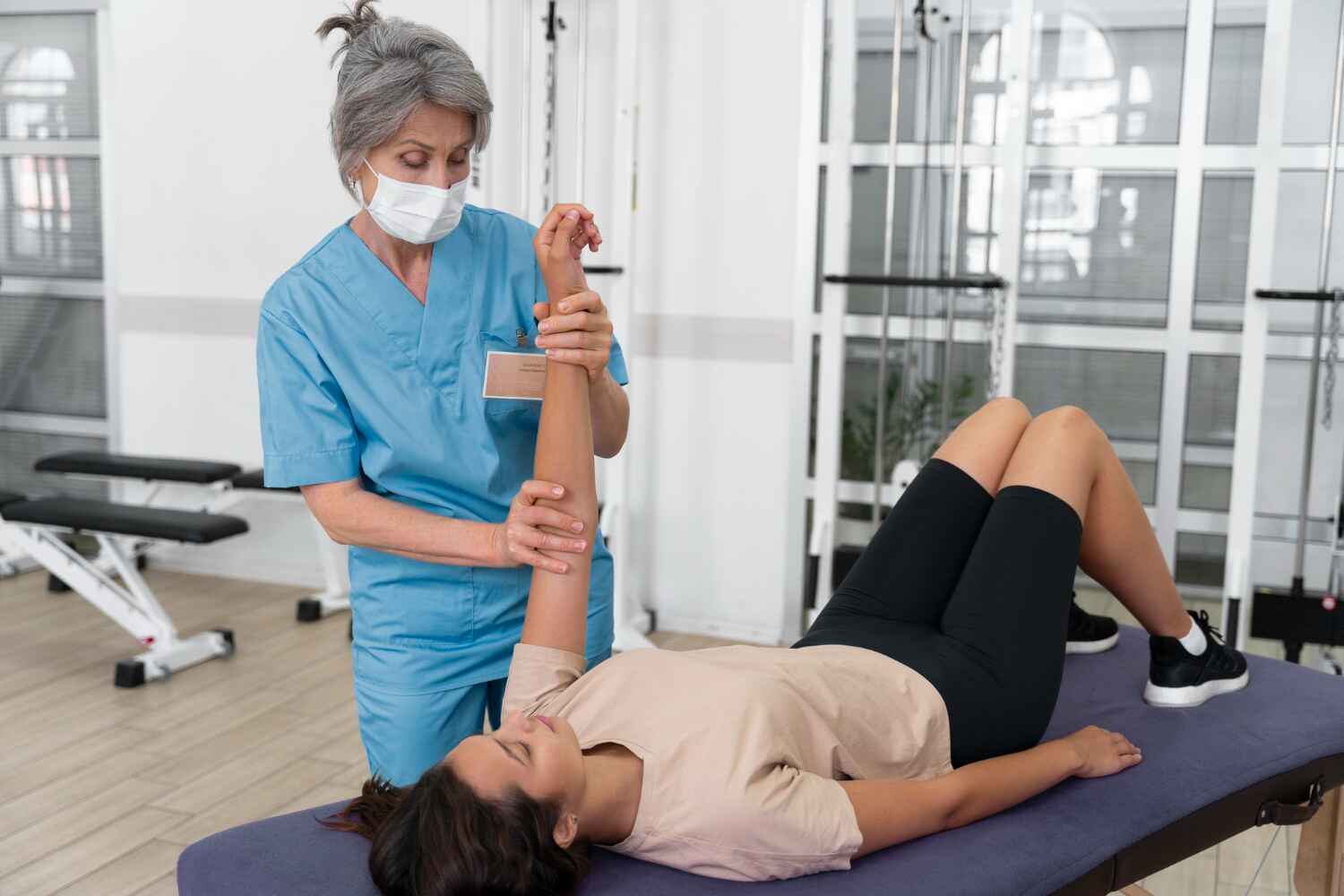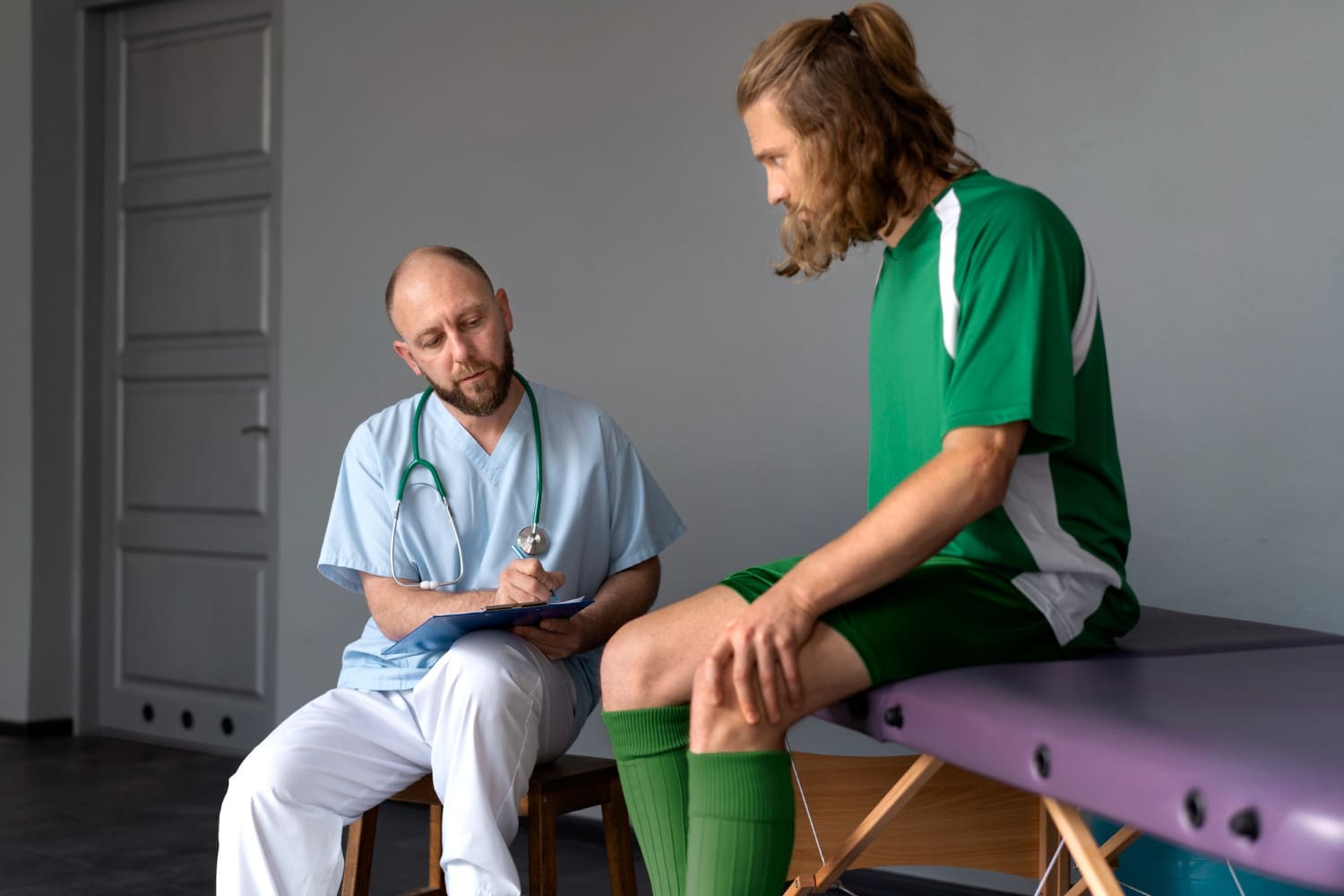In recent years, Platelet-Rich Plasma (PRP) therapy has gained significant popularity as a groundbreaking medical treatment with a wide array of applications. PRP injections utilize the patient’s own blood components to stimulate healing and regeneration in various tissues. This innovative approach has been embraced by medical professionals across different specialties. In this blog, we will delve into the extensive benefits of PRP therapy, the conditions it can effectively treat, and its applications in orthopedic and sports medicine, shedding light on the transformative potential of Platelet-Rich Plasma injections.
What exactly is PRP, and how can it benefit you?
PRP therapy harnesses the remarkable healing power of your own blood. It involves extracting a small amount of blood, concentrating the platelets (rich in growth factors), and then injecting the enriched plasma directly into the injured area. These concentrated platelets act as miniature repair kits, stimulating tissue regeneration, reducing inflammation, and promoting faster healing.
The benefits of PRP therapy are numerous and enticing:
Reduced pain and inflammation: PRP’s anti-inflammatory properties can significantly lessen discomfort, allowing you to move more freely and resume activities you enjoy.
Faster healing times: By accelerating tissue repair, PRP can shorten your recovery period, getting you back to your best sooner.
Minimal invasiveness: Compared to traditional surgery, PRP injections are a minimally invasive procedure with minimal downtime and risk of complications.
Natural and safe: Since PRP uses your own blood, it carries no risk of allergic reactions or rejection.
What problems can platelet-rich plasma injections be used to treat?
Platelet-rich plasma injections can be used to treat such degenerative conditions as osteoarthritis, as well as tendon, ligament, and muscle injuries. At OrthoMiami, orthopedic surgeons and sports medicine specialists, use PRP injections to treat people of all ages.
Some of the specific conditions that doctors use PRP injections to treat or use as a supplement to another treatment, such as physical therapy include the following:
1. Musculoskeletal Injuries: PRP injections are commonly utilized to treat musculoskeletal injuries, including tendonitis, ligament injuries, and osteoarthritis. The concentrated platelets in PRP promote tissue regeneration and aid in the healing process.
2.Orthopedic Conditions: Orthopedic surgeons often use PRP injections for conditions such as rotator cuff tears, tennis elbow, and Achilles tendonitis. The growth factors in PRP contribute to the repair of damaged tissues in these areas.
3.Chronic Tendon Injuries: Conditions like chronic Achilles tendonitis and patellar tendonitis can benefit from PRP injections. The growth factors in PRP facilitate the healing of stubborn and persistent tendon injuries.
4.Joint Conditions: PRP injections are explored as a treatment option for various joint conditions, including knee osteoarthritis. The goal is to alleviate pain, improve joint function, and potentially delay the need for more invasive interventions like joint replacement surgery.
5.Wound Healing: PRP is used in some medical settings to accelerate the healing of chronic wounds, ulcers, and soft tissue injuries. The growth factors help promote angiogenesis and tissue regeneration.
PRP can also be used in conjunction with surgery to enhance healing and recovery.
What is it like to have a platelet-rich plasma injection?
PRP treatment is a quick and simple procedure that you can have in your doctor’s office. Here’s what happens: your doctor will take a small amount of your blood, spin it in a machine called a centrifuge to make PRP, and then inject the PRP directly into the area where you’re injured. Sometimes, ultrasound guidance is used to ensure precise placement. The whole process usually takes 30 minutes, and afterward, you might need to take it easy for a bit.
It’s crucial to follow your doctor’s advice on when it’s safe to get back to your regular activities to support the best recovery. To make sure the PRP treatment works well, you might be asked to stop taking certain medications like ibuprofen, naproxen, or aspirin for one week before the procedure and 2 weeks after because they can affect your platelets.
You may need to come back for additional PRP treatments, or your doctor may provide PRP in conjunction with other treatments, such as physical therapy or other medications.
OrthoMiami and PRP Injections Treatment in Florida
OrthoMiami stands out as a leading provider of PRP therapy, offering comprehensive solutions for patients seeking relief from orthopedic conditions and sports injuries. The skilled medical professionals at OrthoMiami specialize in tailoring PRP treatment plans to meet the unique needs of each patient, ensuring optimal outcomes.
Contact OrthoMiami for PRP Injections
Platelet-rich plasma therapy has revolutionized the medical landscape by offering a natural and effective approach to treating various conditions. From joint pain and orthopedic issues to sports injuries and dermatological concerns, PRP injections have demonstrated remarkable versatility.
If you are experiencing joint pain, orthopedic conditions, or sports injuries, OrthoMiami invites you to explore the transformative benefits of PRP therapy. Contact OrthoMiami at 786-746-8060 to schedule your appointment and embark on a journey towards enhanced healing and improved well-being.



